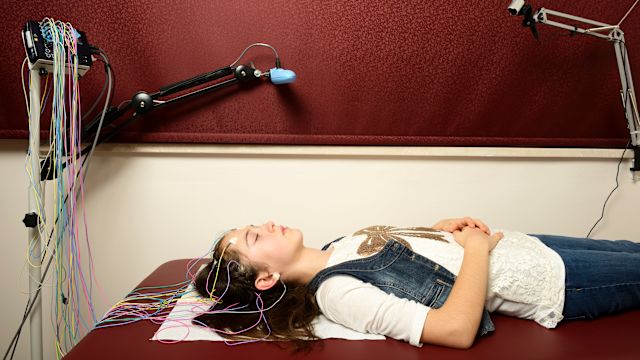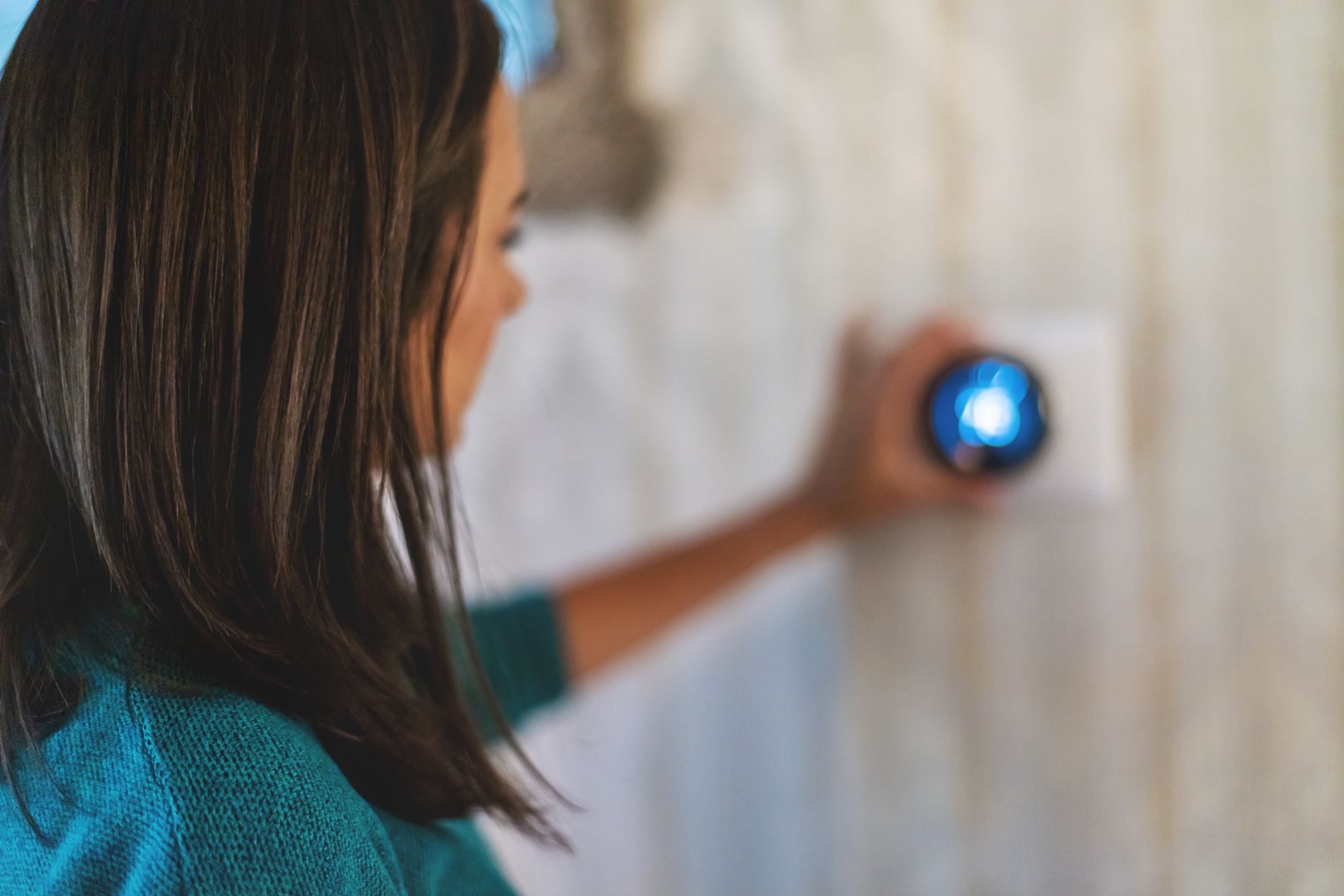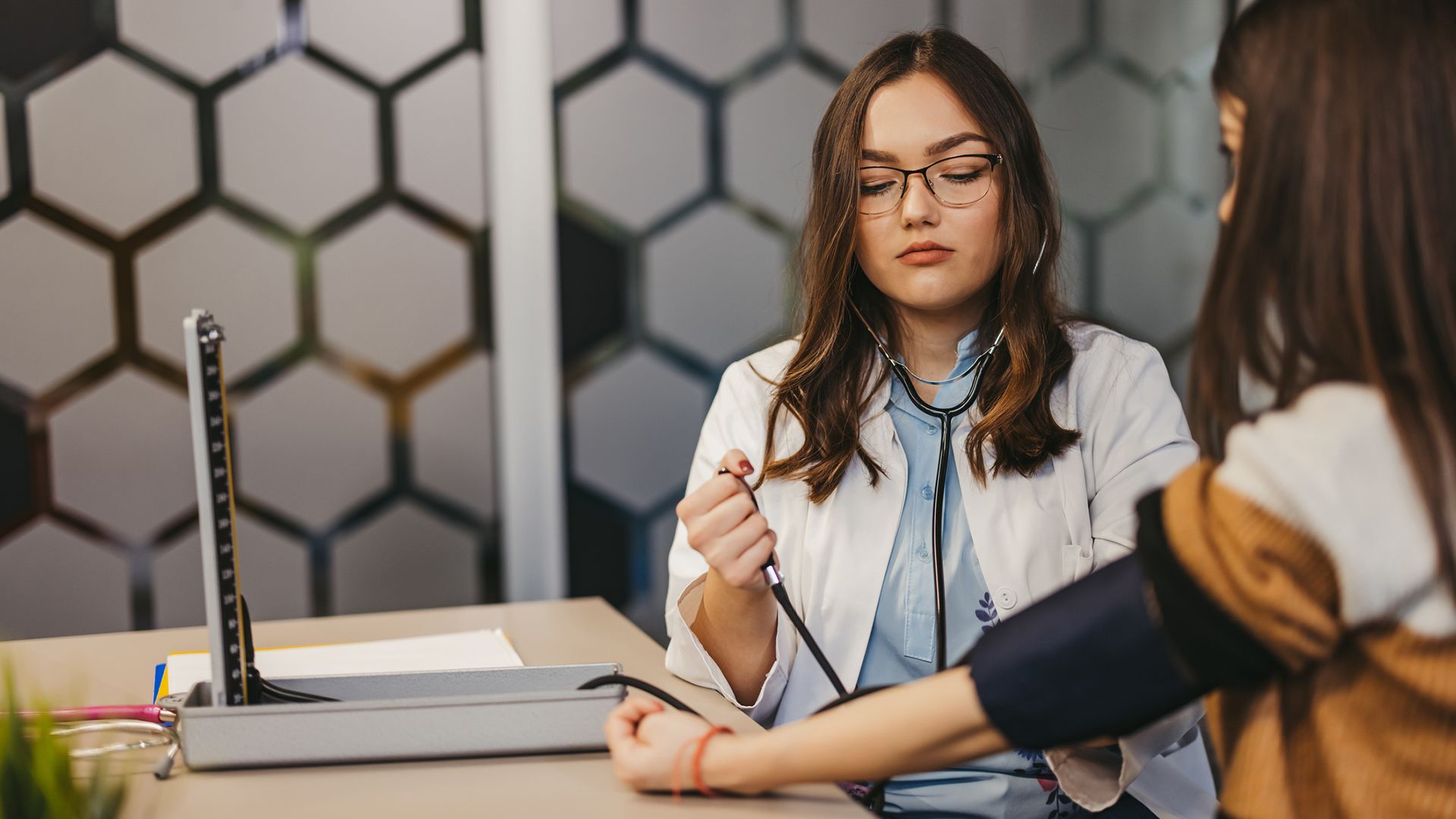Idiopathic hypersomnia (IH) is a rare sleep disorder where people sleep for long periods of time but also experience excessive daytime sleepiness (EDS).
People with IH often feel groggy and disoriented upon waking up in the morning and may feel overwhelmingly sleepy throughout the day. Naps typically do not help, and the sleepy feeling can lead to difficulty concentrating, difficulty remembering things, and difficulty accomplishing simple, daily tasks.
Constantly feeling tired can also lead to difficulty maintaining relationships, performing at work and school, and an overall decrease in a person’s quality of life.
For these reasons and others, IH requires treatment. Treatment begins with an accurate diagnosis.
In order to diagnose IH, your healthcare provider will need to rule out other possible conditions that could be causing your symptoms. They may ask about your medical history and any medications you take (including nutritional supplements and over-the-counter medications). They may ask you to keep a sleep journal to identify patterns and record abnormalities in your sleep habits.
Many healthcare providers will also order a diagnostic test called a sleep study.
What is a sleep study?
A sleep study is a test used to diagnose sleep disorders. It is used in the diagnosis of insomnia, narcolepsy, sleep apnea, sleep walking, and idiopathic hypersomnia.
These tests are noninvasive, but you may be required to go to a sleep study center or a sleep lab at a hospital and stay overnight. You may also be given a monitor to wear at home.
During a test, sensors are attached to your body (scalp, chest, and sometimes arms or fingers). These sensors monitor brain waves, heartrate, eye movement, oxygen levels, and muscle movement while you sleep.
If you are experiencing excessive sleepiness, a sleep test can show your healthcare provider your sleep patterns. These tests can show how long it takes you to fall asleep, how well you sleep (including whether you snore and intermittently choke during sleep), and how your brain waves behave during different stages of sleep.
This information can tell your healthcare provider more about your symptoms. This can help identify exactly what sleep disorder you have and what treatment you require.
How to prepare for a sleep study
If you’re going to a clinic for your sleep study, you’ll want to make sure you’re prepared.
- Bring comfortable pajamas or clothes you’d wear to sleep at home as well as a change of clothes for when you leave.
- Bring a blanket or pillow if you think you’ll sleep better with your own.
- To keep your routine as consistent as possible, bring a toothbrush and toothpaste, plus anything else you typically use before bed, such as face wash.
- Remember to bring your medications!
- Bring a book, music, a movie, or anything else that usually helps you fall asleep.
- ID and insurance information.
The day of your appointment, keep a few things in mind:
- Follow your regular daily routine.
- Avoid drinking caffeine or other stimulants.
- Avoid alcohol and sedatives.
- Avoid taking naps during the day.
Different sleep centers may have different policies and requirements. You may need to fill out some paperwork and complete a questionnaire, and a sleep technician may ask you questions about your sleep habits.
Don’t hesitate to ask questions or address concerns. The sleep technicians are there to help you throughout the night. Remember—the purpose of a sleep study is to gather information to help you get the treatment you need.
Medically reviewed in December 2021.




